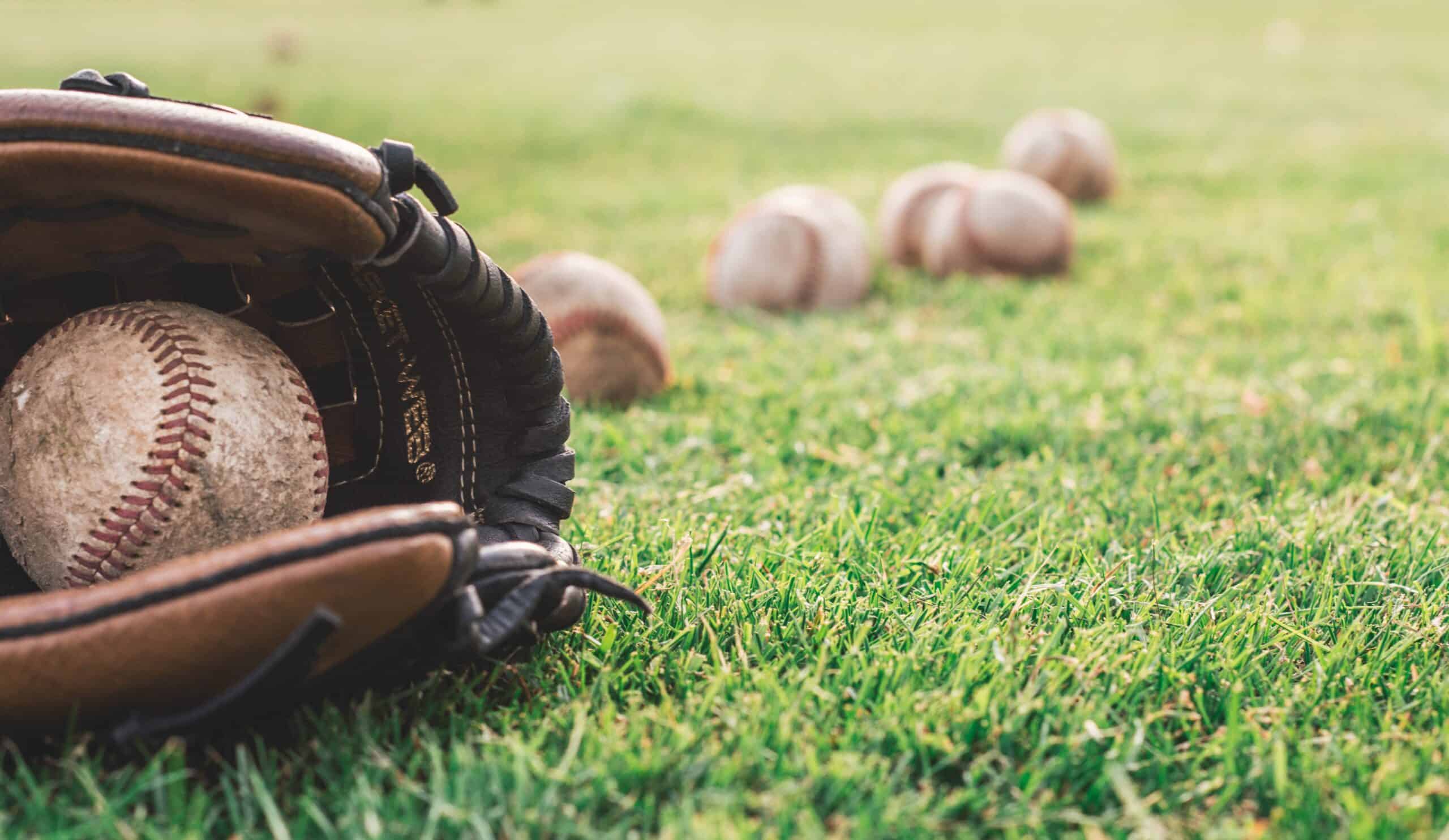
More plaintiffs came forward in October in a sexual misconduct lawsuit filed last summer against the former University of San Francisco Dons baseball coaches Nino Giarratano and Troy Nakamura, USF, and the NCAA.
The original complaint cites that the coaches created an “intolerable sexualized environment” for three players who were granted anonymity because of the sensitive nature of the charges. The amended complaint alleges the plaintiffs were subjected to the coaches’ misconduct from 1999 to 2018. Eight of the 12 plaintiffs left USF before completing their degrees, citing the misconduct as their impetus for leaving. The nine players now party to the amended suit have also asked for anonymity.
One of the plaintiffs’ lawyers, Lynn Ellenberger, affiliated with the law firm FeaganScott, explained that anonymity is expected when the subject of the lawsuit is sensitive, particularly for inappropriate sexual conduct. “It’s very common that plaintiffs proceed with Jane Doe and John Doe anonymity names,” Ms. Ellenberger said.
FeaganScott lawyers requested public anonymity for the additional plaintiffs. Some are still attending college, some are working professionals, and some are professional baseball players who may be stigmatized by the publicity.
USF pushed back by claiming that no plaintiff had accused the defendants of sexual assault, so the plaintiffs should identify themselves. California law differentiates between sexual misconduct accusations that encompass problematic sexual behavior, and sexual assault, such as rape, which is a criminal act. Sexual assault victims are not named in the public domain in California. USF argues that barring any assault accusations and consistent with California law, the plaintiffs should use their own names instead of John Doe.
Ms. Ellenberger said USF would agree to public anonymity for the most recent plaintiffs if FeaganScott refrained from commenting on the case in the media, including social media, and any other venues where comment could be made. The plaintiffs’ lawyers refused, arguing how important it is for the media to bring attention to sexual abuse cases for their clients but also for other sexual abuse survivors. Ms. Ellenberger called USF’s attempts to gag the attorneys from speaking about the case a bit disturbing.
USF responded that allowing FeaganScott to seek media attention was unfair if the plaintiffs aired their complaints anonymously.
The judge ruled in favor of the nine enjoined plaintiffs on August 30 so that all 12 could remain anonymous to the public. The university may revisit the decision, USF spokesperson Kellie Samson said. However, USF and FeaganScott are negotiating a protective order for the former athletes to ensure the rights of all parties to the lawsuit are guaranteed during future proceedings. Ms. Ellenberger added that USF is aware of the plaintiff’s names in accordance with California law, and the point of the protective order was never to keep the names from the defendants but to abide by an order to withhold the names from the public.
After the allegations against Mr. Giarratano and Mr. Nakamura surfaced, USF President Paul Fitzgerald, S.J. fired them, with Mr. Giarratano having spent 22 years with the university. Mr. Nakamura was the subject of a human resources investigation and was fired two months before Mr. Giarratano.
The former baseball players not only accused the coaches of a sexualized environment, but also of “extreme psychological abuse” and “retaliation.” To illustrate the charges, the players recounted how Mr. Nakamura “crawled onto the field naked, swinging his penis in plain view” during a college skit.
A USF alum who played on the baseball team from 2018 to 2021 expressed his bewilderment at why USF is so adamant about releasing the plaintiff’s names to the public and predicted that doing so would make them targets. Dillon McNeil said, “Anybody who played in that program knows that there was stuff going on that was not right. There was harm done by the coaches. There were rules and laws broken consistently in a pattern. That stuff existed. Period. And you can’t get away with that.”
Ms. Samson said the defendants filed a motion to dismiss the cause on September 12 after finding legal flaws in the plaintiffs’ pleading. The court will rule on dismissal in December 2022 or January 2023.
Cases like this will often require an analysis of medical records. If you are a law firm in need of a fast-acting medical record request service, please reach out to us to learn more information.